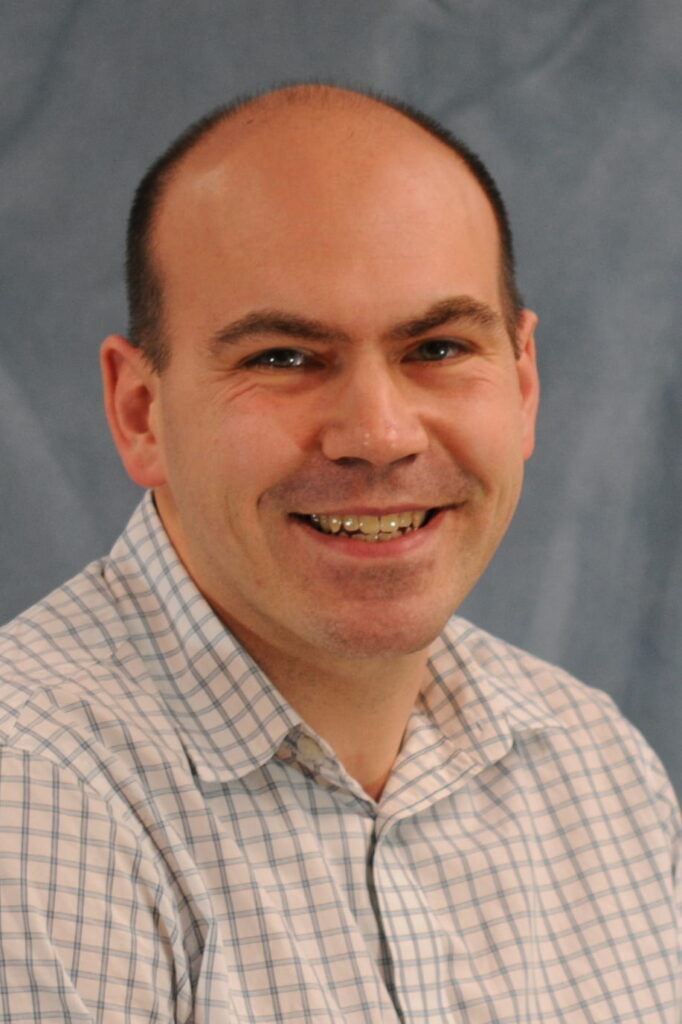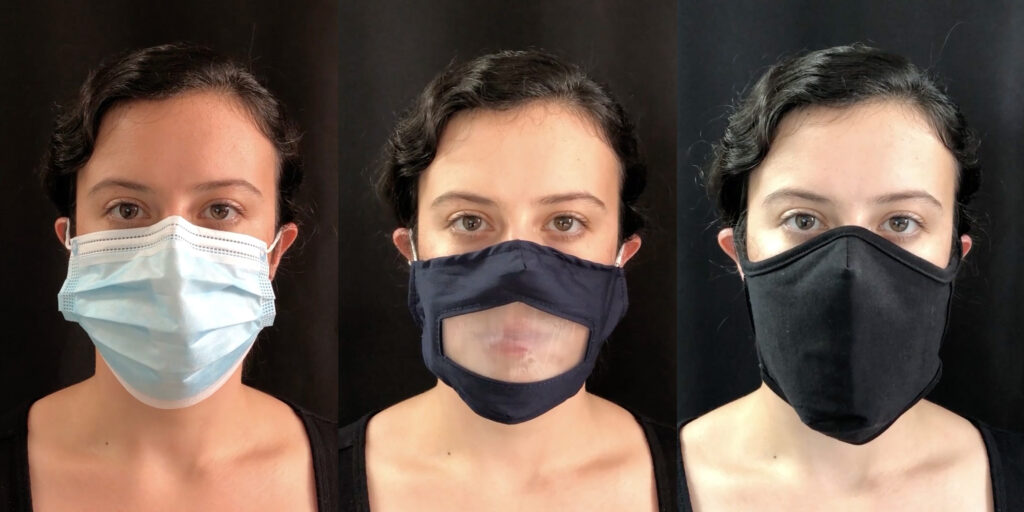When it comes to clear communication, not all face masks are created equal, according to a new study from the lab of Jonathan Peelle, PhD.

The research study quantifies the extent to which four different types of face masks affect speech intelligibility and subjective listening effort across various levels of background noise in young and older adults.
“We tested several kinds of masks during a speech-in-noise task, and found that in participants with normal hearing, surgical masks were the most intelligible, and the least effortful,” said Peelle. “A talker wearing a surgical mask was clearly easier for listeners compared to a cloth mask, especially when it has a filter.”
Although clear masks can be helpful in some situations (especially for listeners with hearing loss), Peelle and colleagues found them to be difficult for listeners. “The challenge was due to the poor acoustic quality (the plastic blocks a lot of sound) and the fact that our clear mask fogged up quite a bit,” explains Peelle. “It’s not that clear masks are never helpful, but it probably depends a lot on the specific mask and the listener.”

Masks have become a way of life for many of us since the start of the COVID pandemic, according to Department of Otolaryngology Chair Craig Buchman, MD.
“For those with hearing loss, the inability to see people’s faces and lipread has compounded the communication difficulties that hearing loss creates,” says Buchman. “The study by Peelle et al (2021) demonstrates an important finding that the mask type impacts our patient’s ability to understand speech. Of interest, the clear, plastic masks that many wear to enhance lipreading had a detrimental impact on sound transmission. These findings have practical implications for many of us who care for patients with hearing loss.”
Published in Cognitive Research: Principles and Implications, the research is a collaboration with Kristin Van Engen, PhD, from Washington University’s Department of Psychological and Brain Sciences; her PhD student, Violet Brown, is the lead author.
